
Common Fridge Mistakes That Secretly Create Toxins — And Put Your Health at Risk
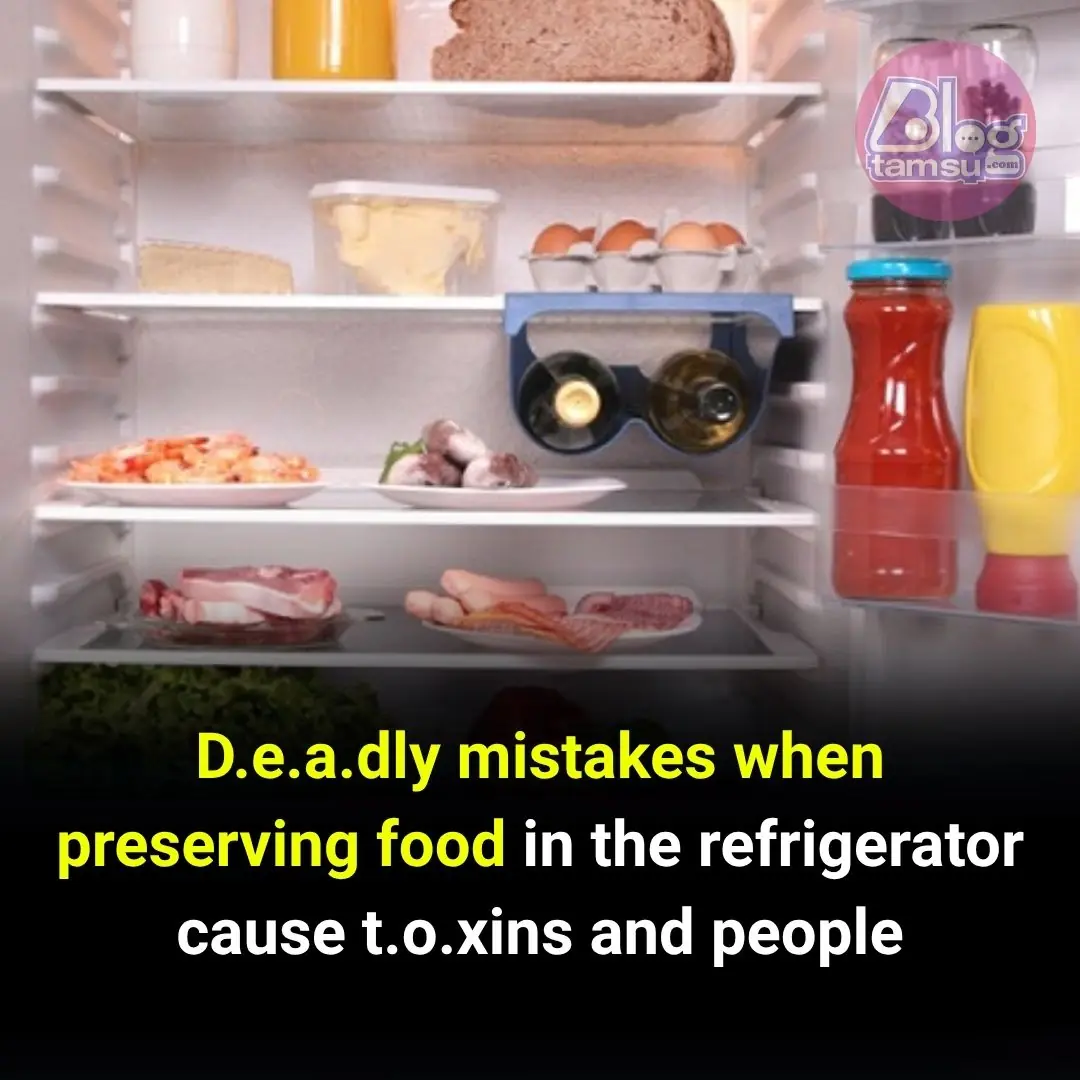
Mistakes in Food Storage
Food kept in the refrigerator can still be contaminated with bacteria and cause food poisoning if consumed. Bacteria can grow even at low temperatures. A typical example is Listeria, a bacterium that can grow at temperatures between -1°C and 4°C in meat and fish products. Poisoning caused by this bacterium can lead to blood infections and meningitis. Food stored in the refrigerator is also at risk of cross-contamination due to improper cleaning.
“Storing food in the fridge only slows down the growth of bacteria. It doesn’t kill them,” said Associate Professor Thinh.
According to Associate Professor Thinh, once food is taken out of the freezer, it should not be refrozen. When thawed, bacteria that were previously inhibited are released and can multiply rapidly. If refrozen, the bacterial count can continue to increase, potentially causing acute poisoning and other health issues.
Not Covering Leftover Food
When storing leftover food in the refrigerator without properly covering it, not only will it lose its flavor, but it can also spoil more easily and pose a risk to your health. Uncovered food becomes a breeding ground for bacteria that can lead to digestive diseases.
Therefore, always remember to tightly cover food before placing it in the fridge. Ideally, use sealed plastic containers. You can also use plastic wrap to prevent air in the fridge from coming into direct contact with the food, helping to preserve its quality.
Note that you should only use containers that have been safety-certified for freezing, as not all containers—especially single-use plastics—are safe for refrigerator or freezer storage.
Not Washing Fresh Meat Before Freezing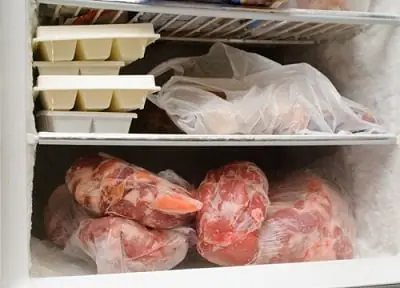
Many people, upon bringing meat home, simply toss it into the freezer without washing, thinking that washing will dilute the flavor. However, this is a completely wrong habit. Doing so can diminish the nutritional value and taste of the meat. Therefore, it's essential to freeze meat properly.
First, rinse the meat thoroughly after purchase, then let it drain or pat it dry before placing it into freezer-safe storage bags. This method minimizes the chance of bacterial growth—something many people tend to overlook.
What Should You Do?
To prevent bacteria from accumulating in your refrigerator, it's recommended to clean both the fridge and freezer compartments once a week. Before freezing food, divide it into smaller portions just enough for one family meal to maintain health safety.
Master’s degree holder and physician Dr. Dzoan Thi Tuong Vi (Clinical Nutrition Institute) also stated that during the process of slaughtering, transporting, and selling meat to consumers, food can easily be contaminated with bacteria. Therefore, experts recommend cleaning food thoroughly before storing it in the fridge.
Associate Professor Thinh also emphasized that once food has been thawed, it should not be refrozen. As mentioned earlier, thawing activates bacterial growth, and refreezing can cause an increase in bacterial levels, possibly leading to acute poisoning and other illnesses.
To prevent bacteria from building up in the fridge, make it a habit to clean the refrigerator and freezer compartments weekly. Also, divide food into meal-sized portions before freezing to ensure safety and convenience.
Dr. Dzoan Thi Tuong Vi reiterated that to ensure food safety, poultry and livestock should be frozen as soon as possible after slaughter. Leaving food out at room temperature for extended periods allows bacteria to multiply quickly.
News in the same category

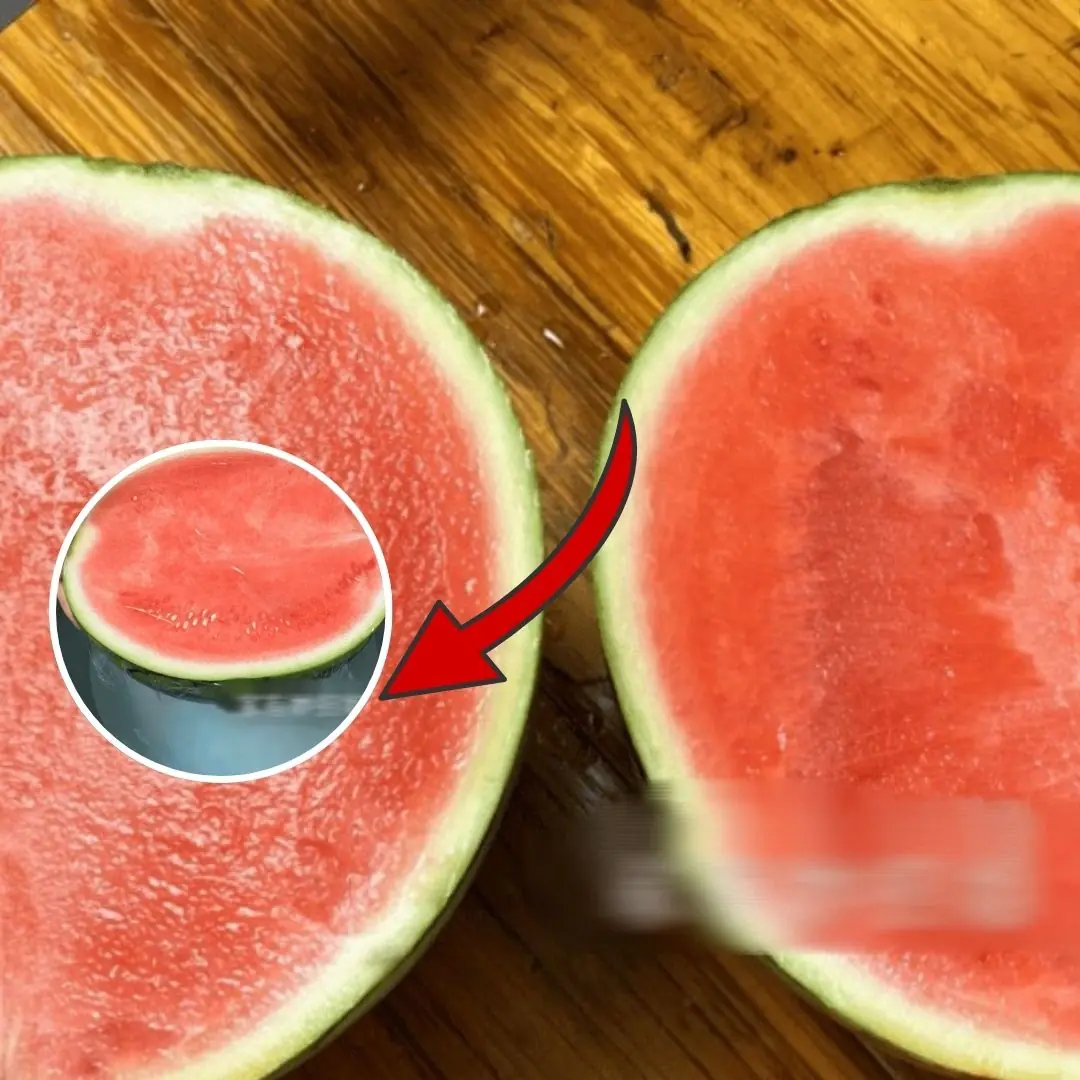
Leftover watermelon in the fridge is not necessarily safe – if not done properly, the risk of bacterial contamination is very high!

The Surprising Benefits of Ginger Peel

Don't be foolish to buy 6 items that easily contain Formaldehyde, causing can.cer and shortening life.
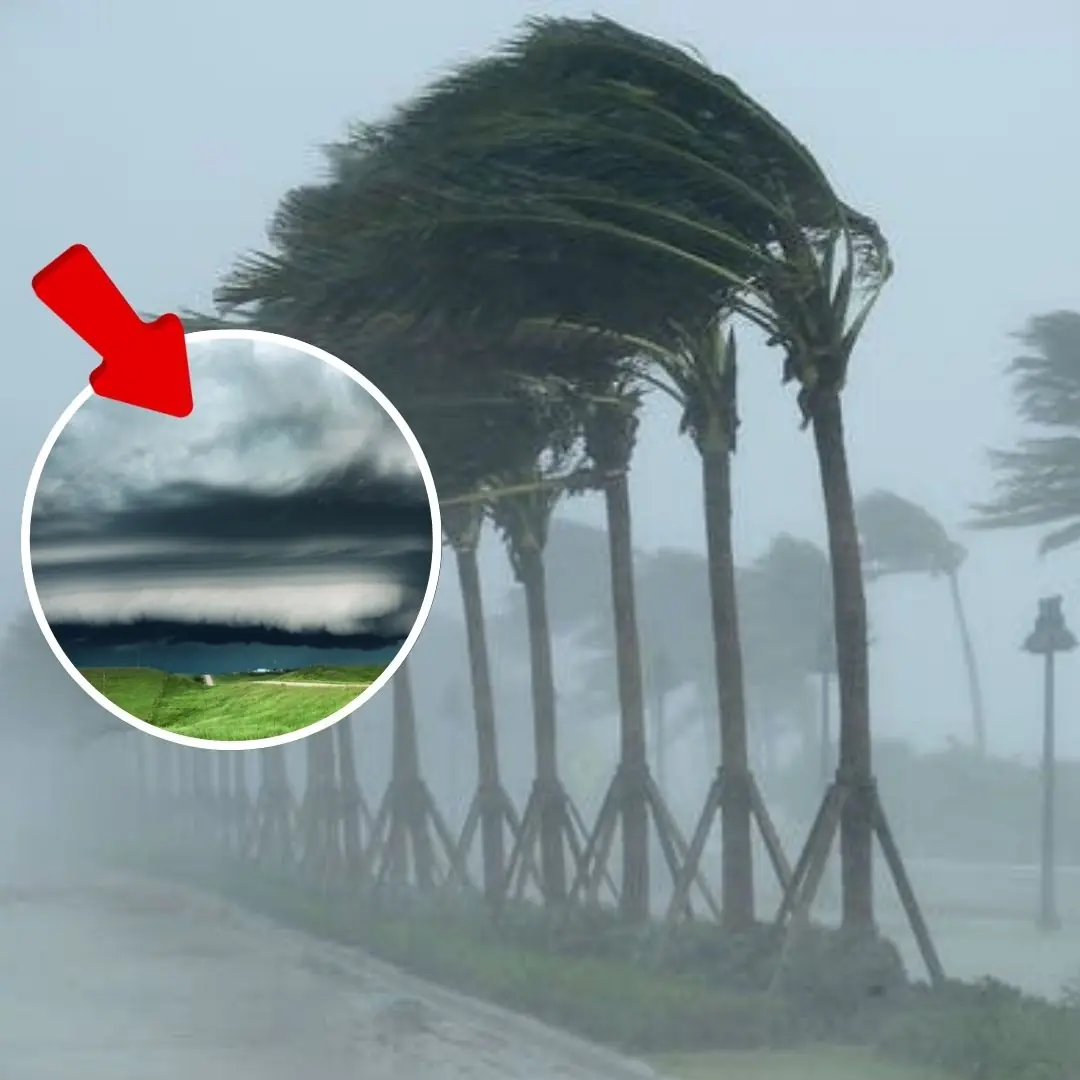
Read The Clouds: 5 Signs A Storm Is Brewing

Want beautiful, smooth, and bright skin in the summer? Eat these 5 "miraculous" fruits right away!
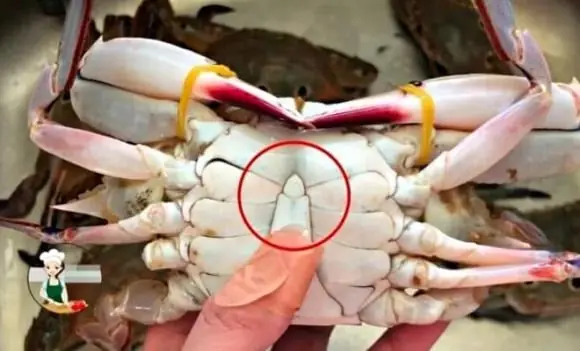
4 Expert Tips to Choose Meaty, Flavorful Crabs and Avoid Getting Ripped Off

5 kitchen appliances you will regret if you don't buy soon
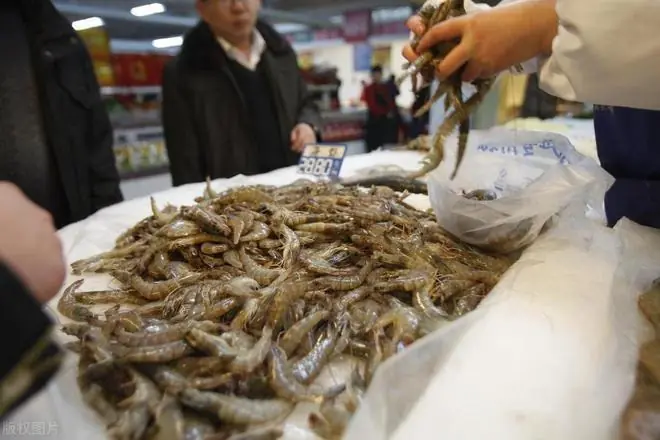
Hormone-injected shrimp has 4 obvious signs, no matter how cheap it is, definitely DO NOT BUY

Experts point out vegetables that are easily contaminated with heavy metals

First Aid for Jellyfish Stings: What Science Says You Should (and Shouldn’t) Do
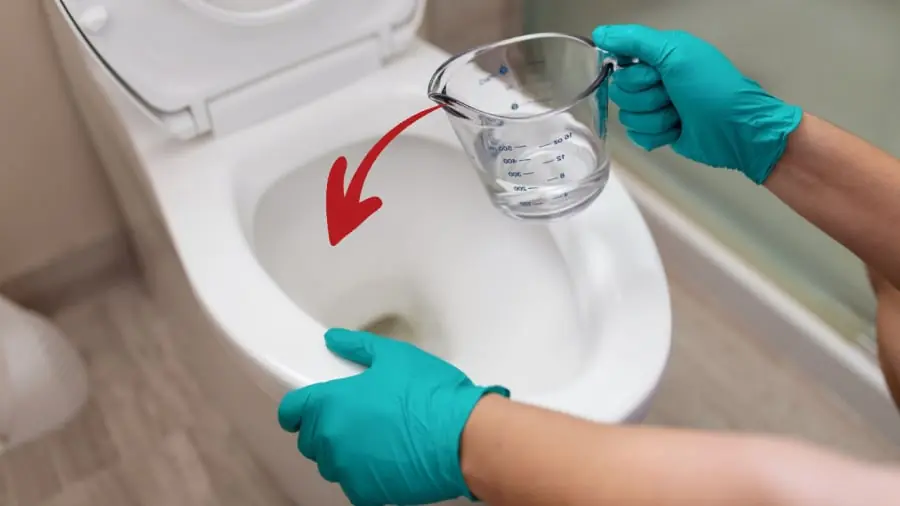
Pouring Hot Vinegar Into the Toilet May Seem Wasteful
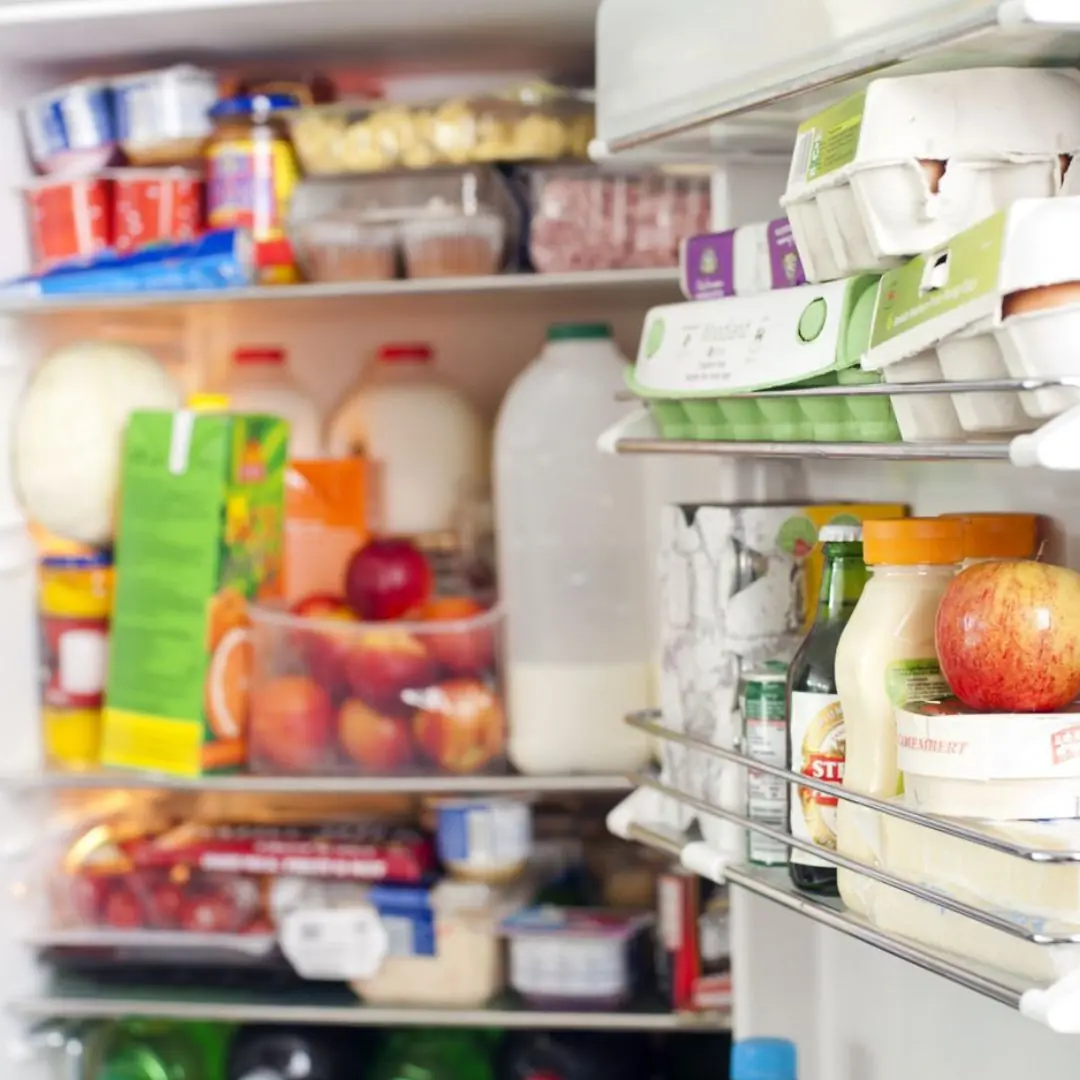
No Fridge? No Problem! 14 Foods That Stay Fresh Without It
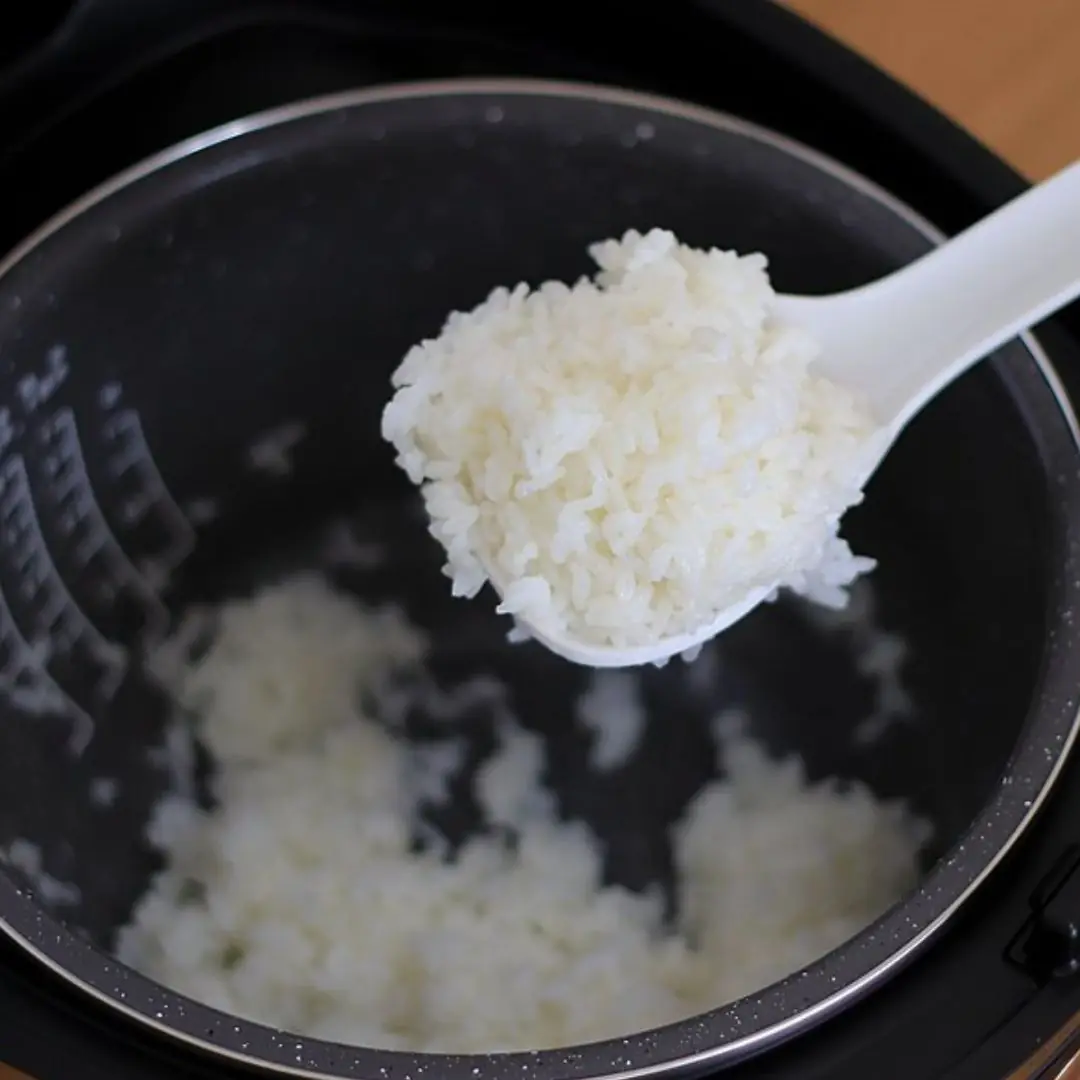
O arroz deixado na panela elétrica durante a noite ainda pode ser consumido
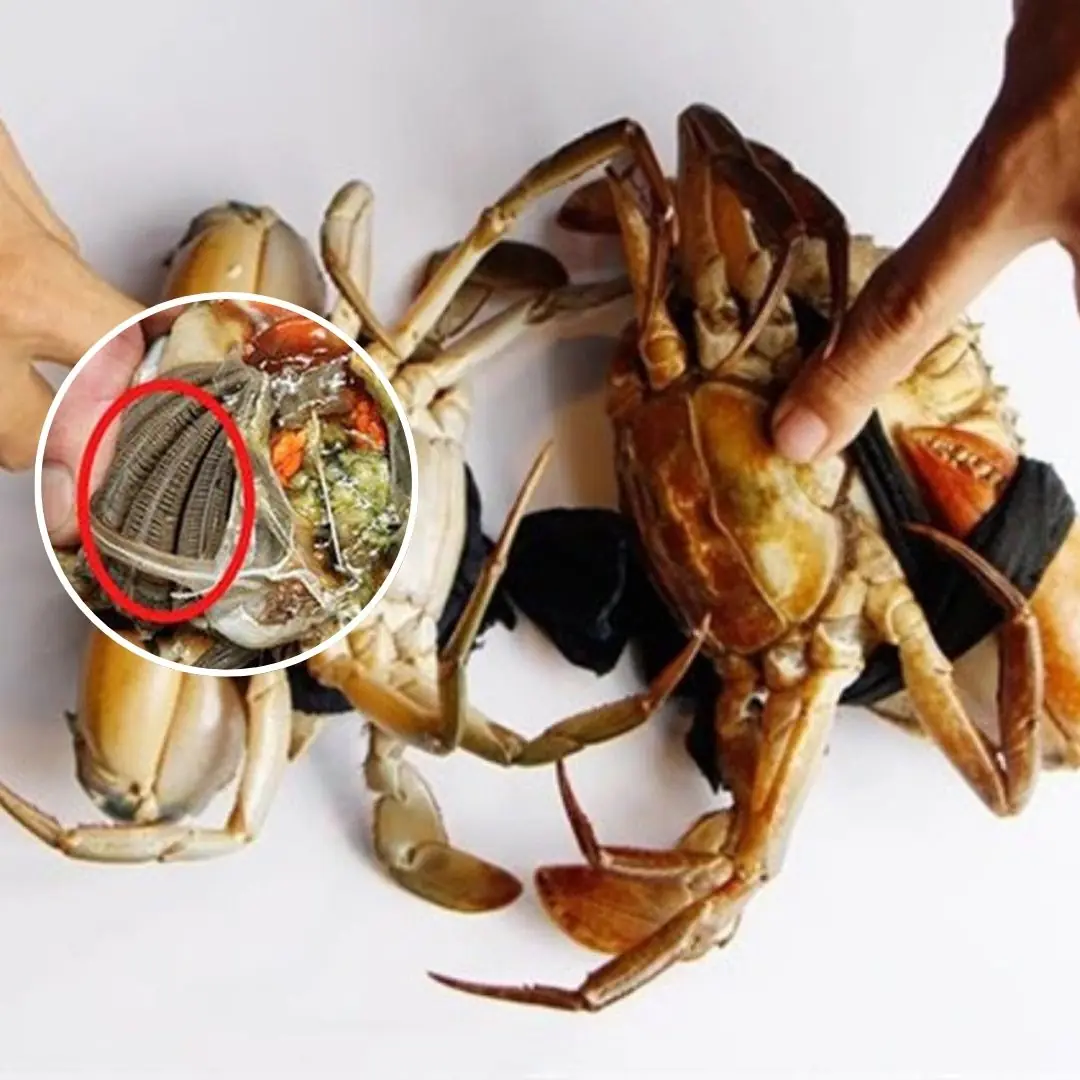
Don’t Eat These 3 Parts of a Crab — Experts Say They Could Harm Your Health

Bury these two "trash" in a flower pot: Flowers bloom like a stream, and the fruit is sweet and plentiful.
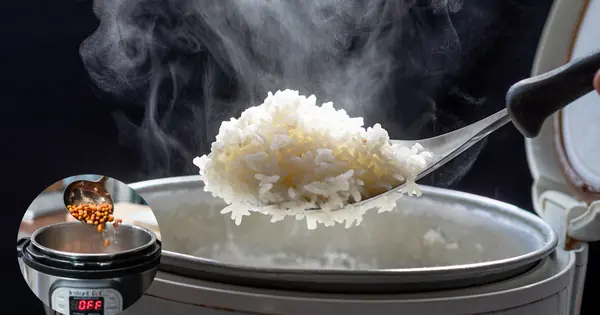
Cooking Rice This Way Packs as Much Protein as 100g of Beef
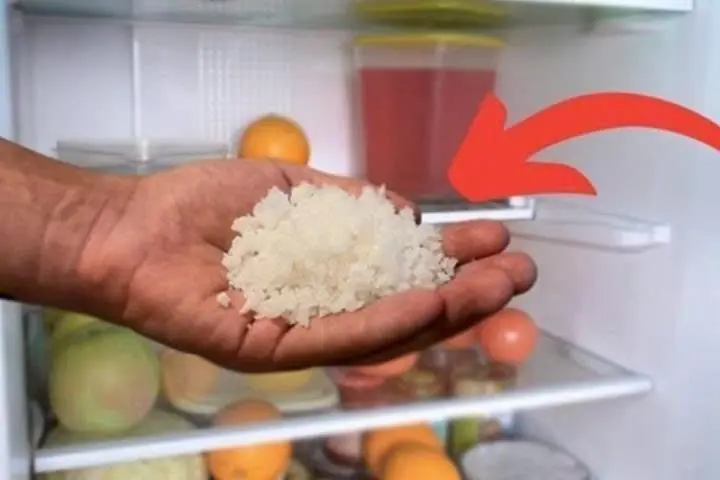
Put a Handful of Salt in the Fridge: The “Golden” Trick Every Household Needs

Grandparents taught us NOT to wash clothes at night, NOT to hang clothes overnight - We must obey!
News Post
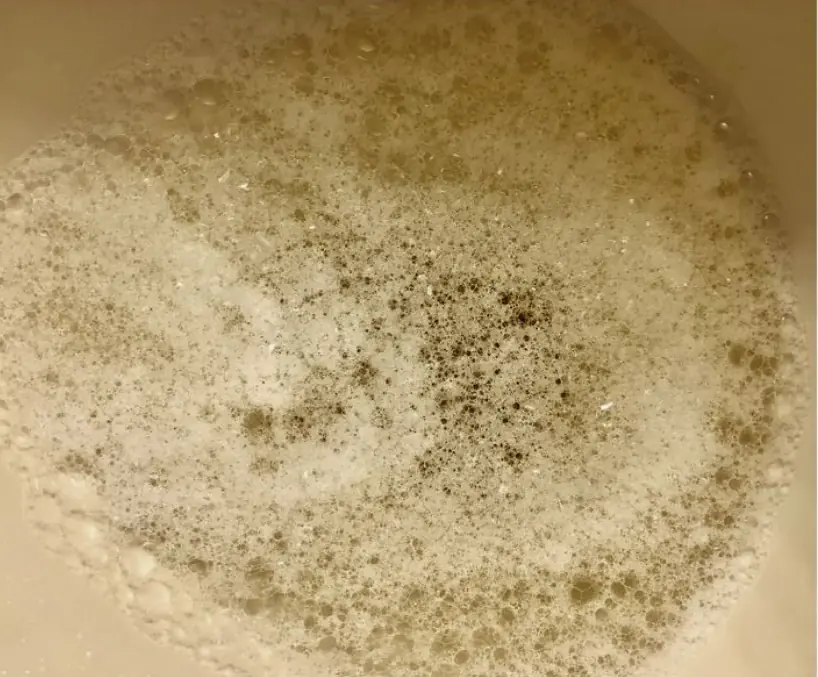
6 Bodily Changes That Are “SOS Signals” From Your Kid.neys Before Can.cer

Does Using Strong Fan Mode on the Air Conditioner Consume More Electricity?

Your Body Might Be Low on Zinc — Here Are 6 Signs to Watch For

Leftover watermelon in the fridge is not necessarily safe – if not done properly, the risk of bacterial contamination is very high!
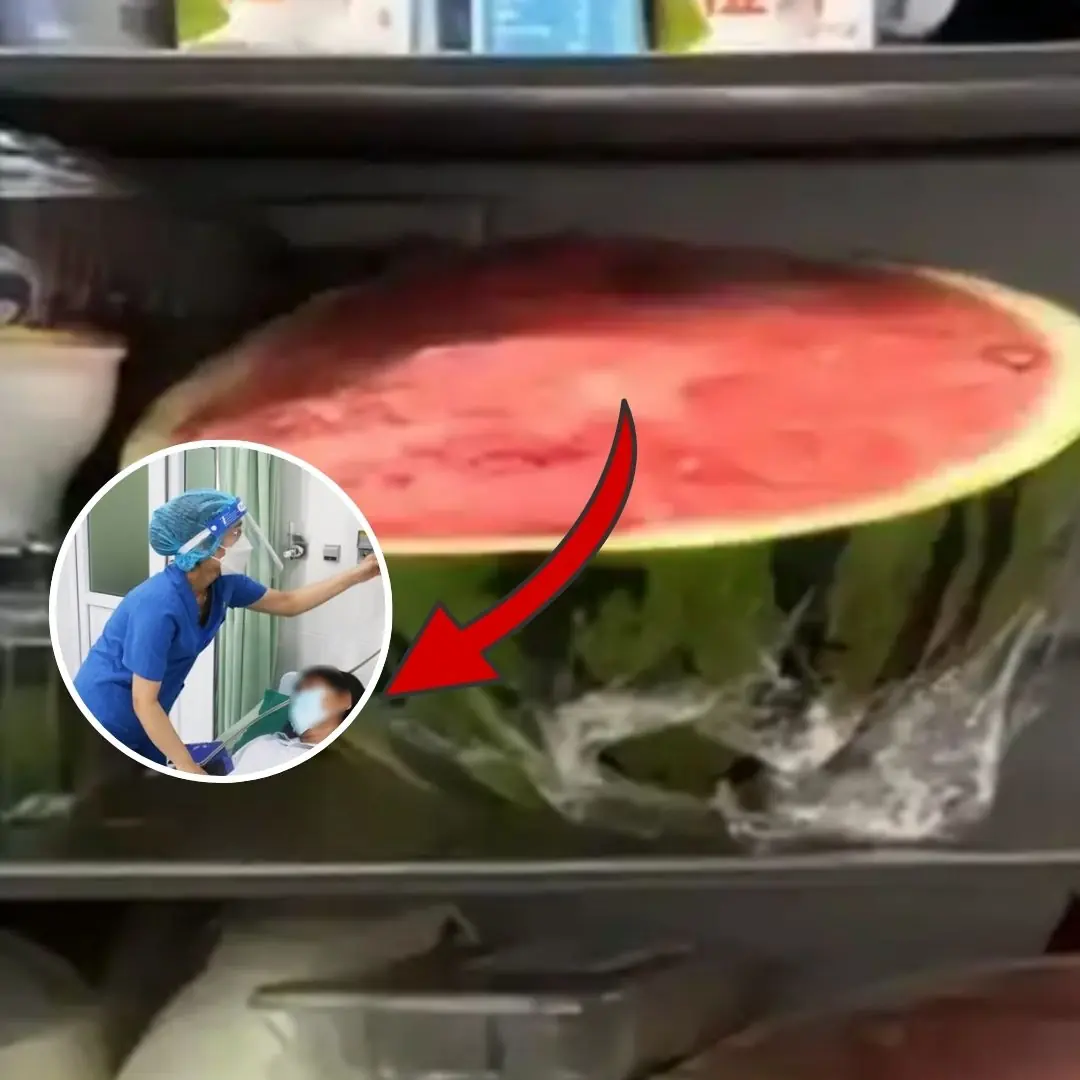
Woman gets brain infection after eating refrigerated watermelon
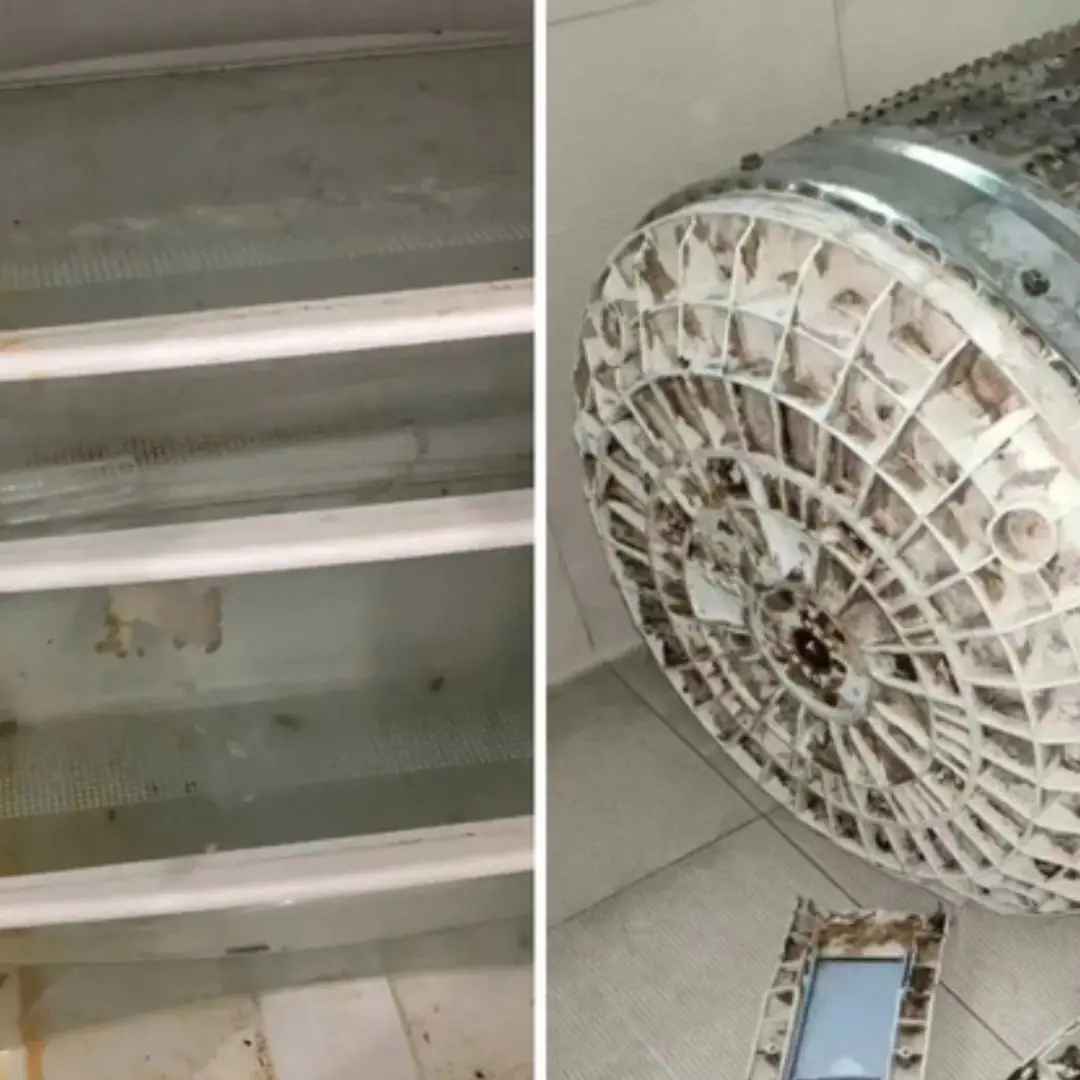
The Unpleasant Truth: 5 Familiar Items That You Think Are Clean But Are NOT, The Dirtiest Is Number 4 That Everyone Uses
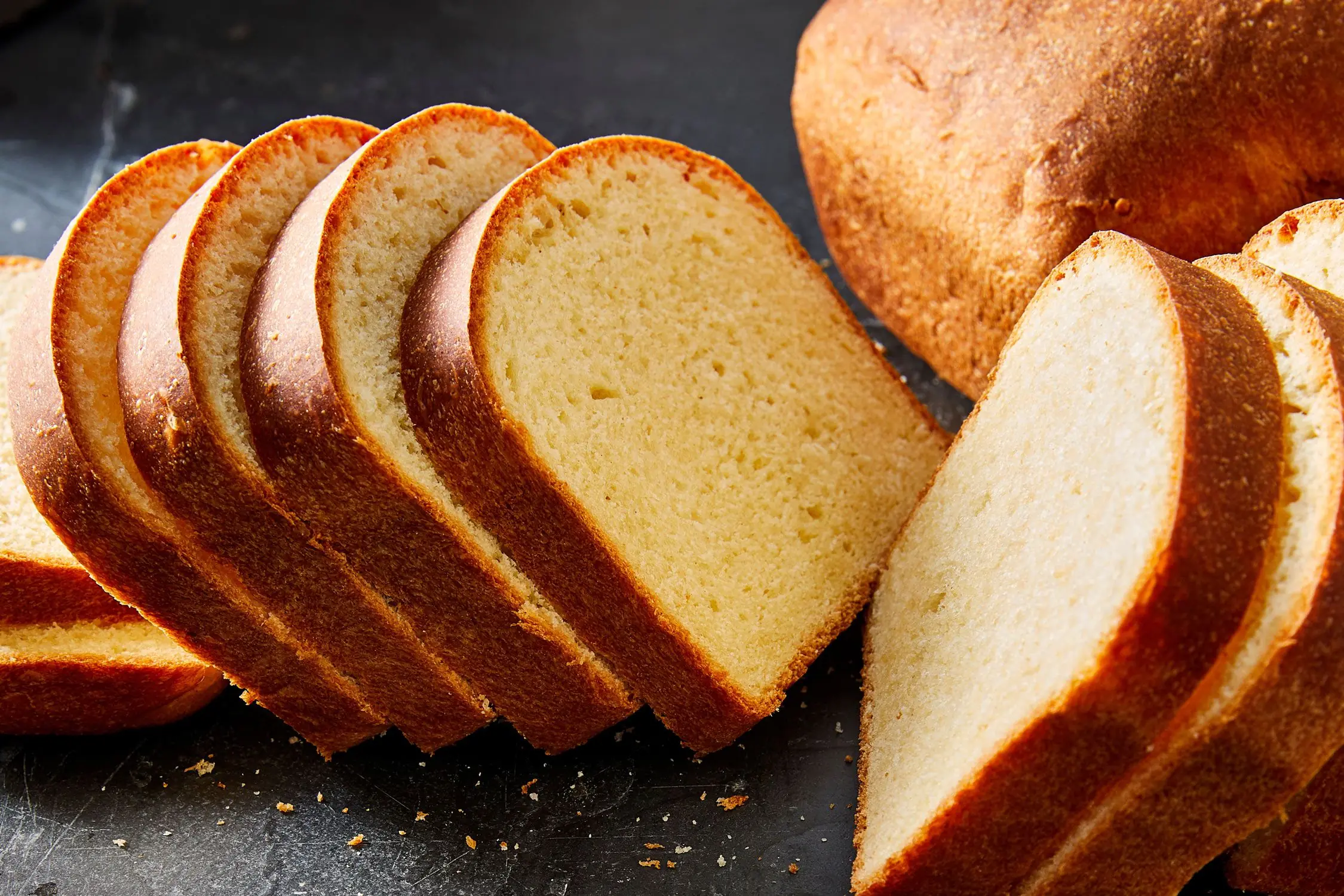
Bread May Be Delicious, But These 5 Groups Should Limit It

The Surprising Benefits of Ginger Peel

Identifying the “Switch” That Reduces Can.cer Cell Survival by 53%

Just 3 Minutes in the Morning: This Simple Test Can Reveal Hidden He.art Disease
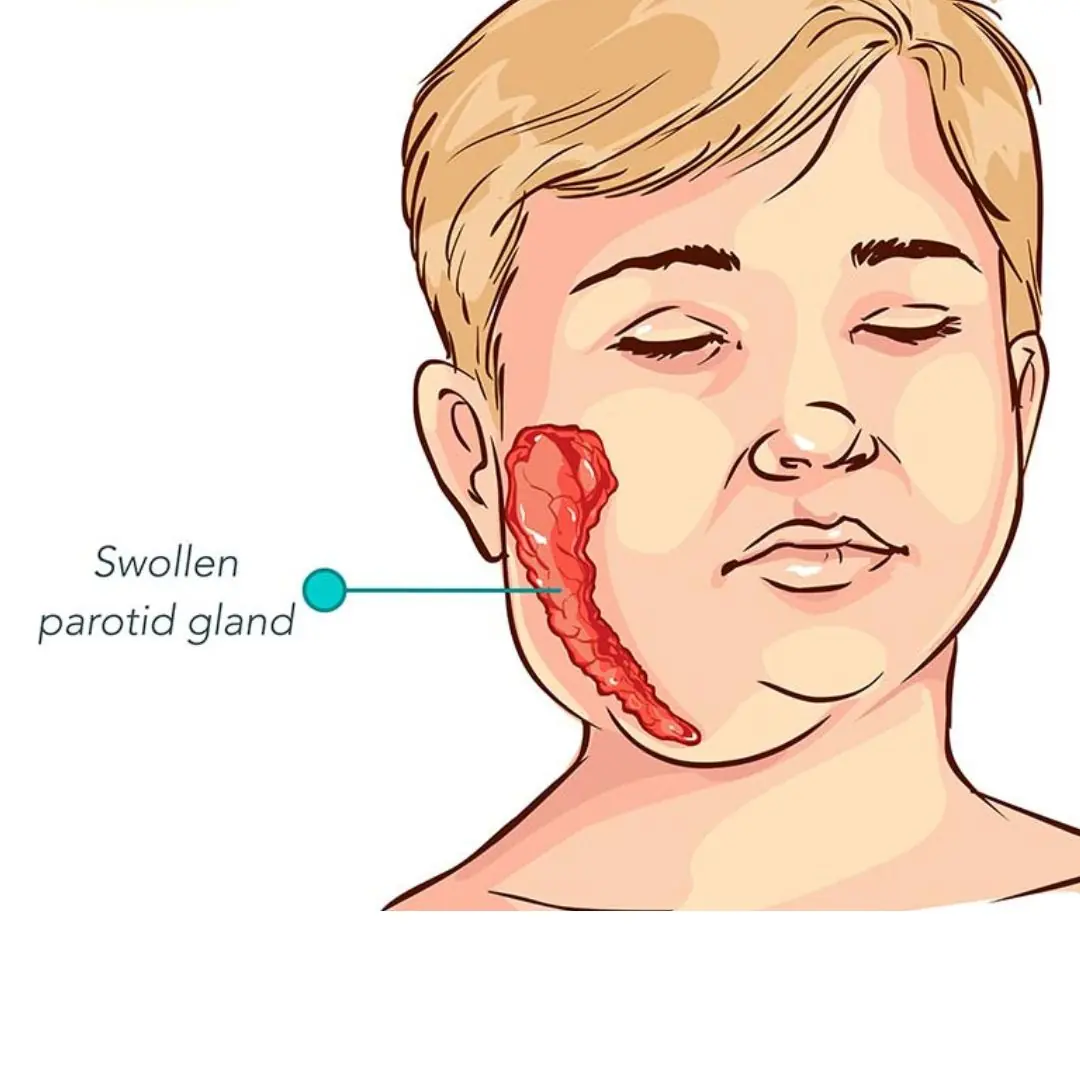
Does mumps in men affect reproductive health?
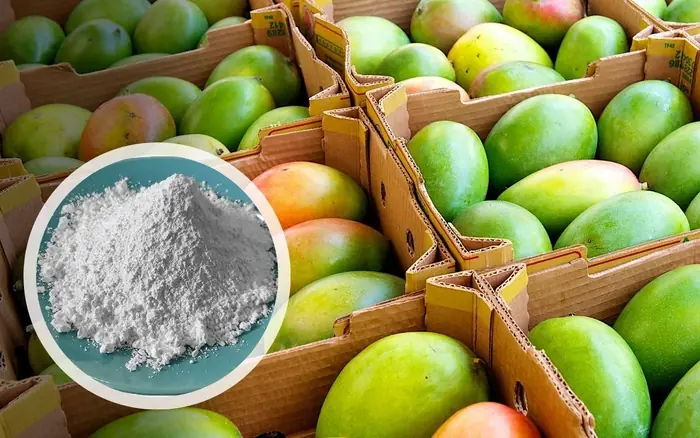
3 Types of Fruit Can.cer Cells “Love”

How to remove phlegm and mucus from chest and throat

Thy.roid Can.cer Is a Silent Threat: 6 Groups of People Are at Higher Risk and Must Be Cautious

Simple signs to immediately recognize leukemia that you may never notice
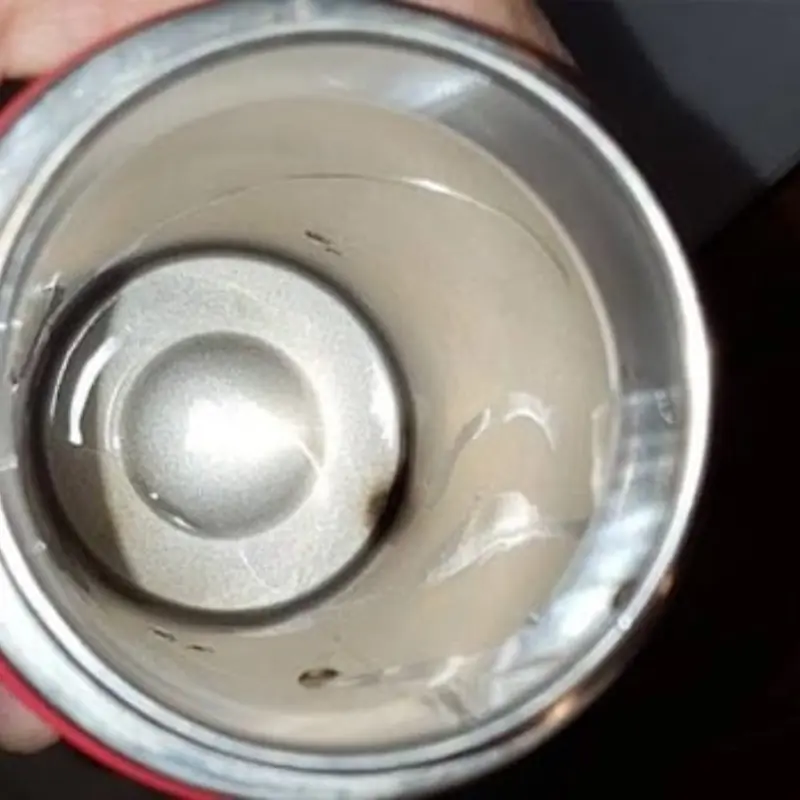
Warning: The Cup Many People Use to Drink Water Every Day Is No Different from “Drinking Poison”
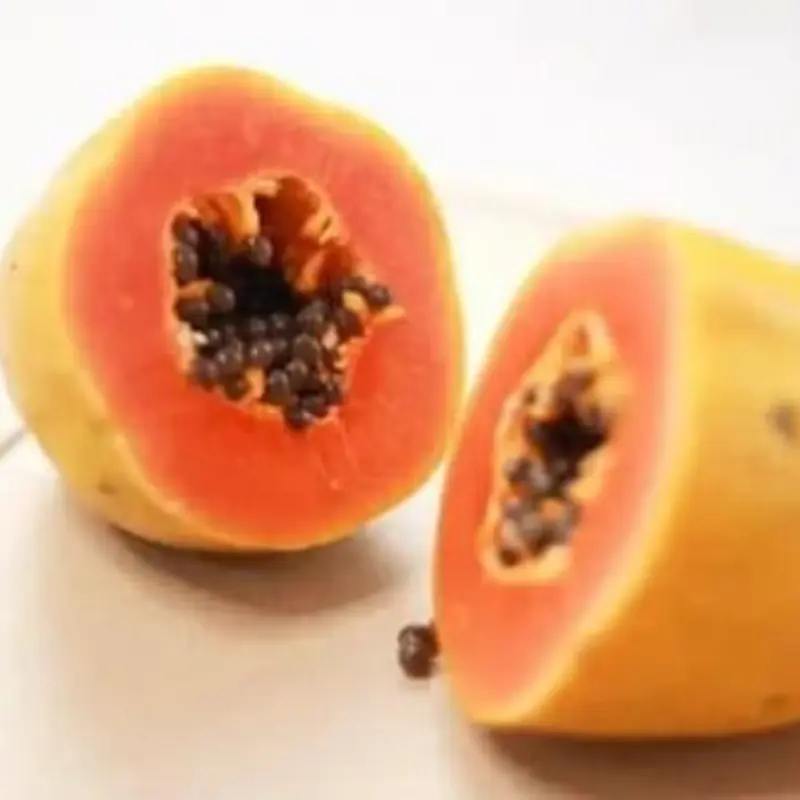
Eat These 5 Foods to Cleanse and Detox Effectively Every Day
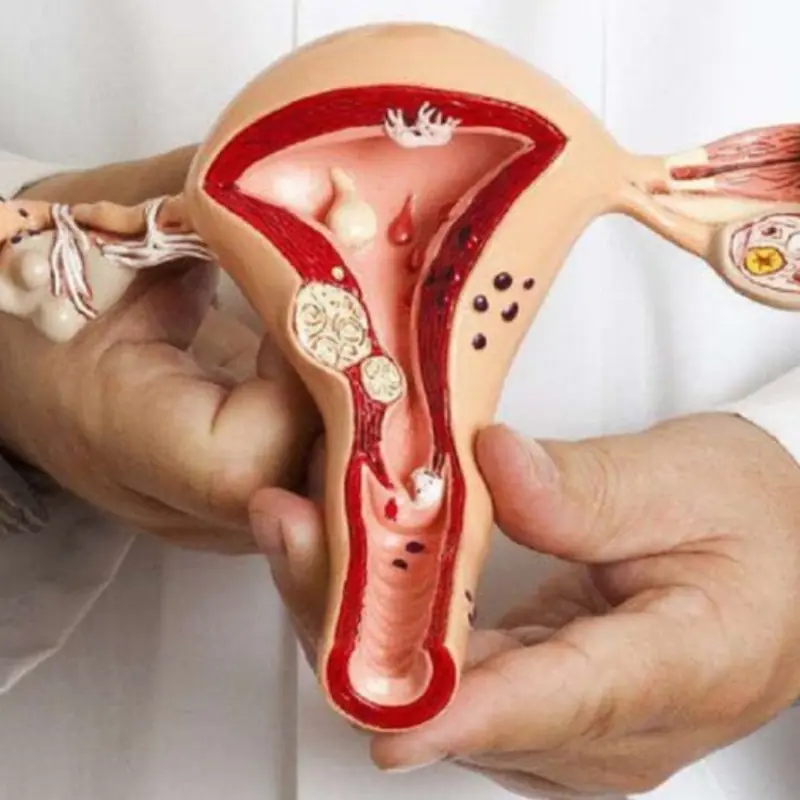
5 earliest signs of cer.vical can.cer: 90% of women tend to ignore them
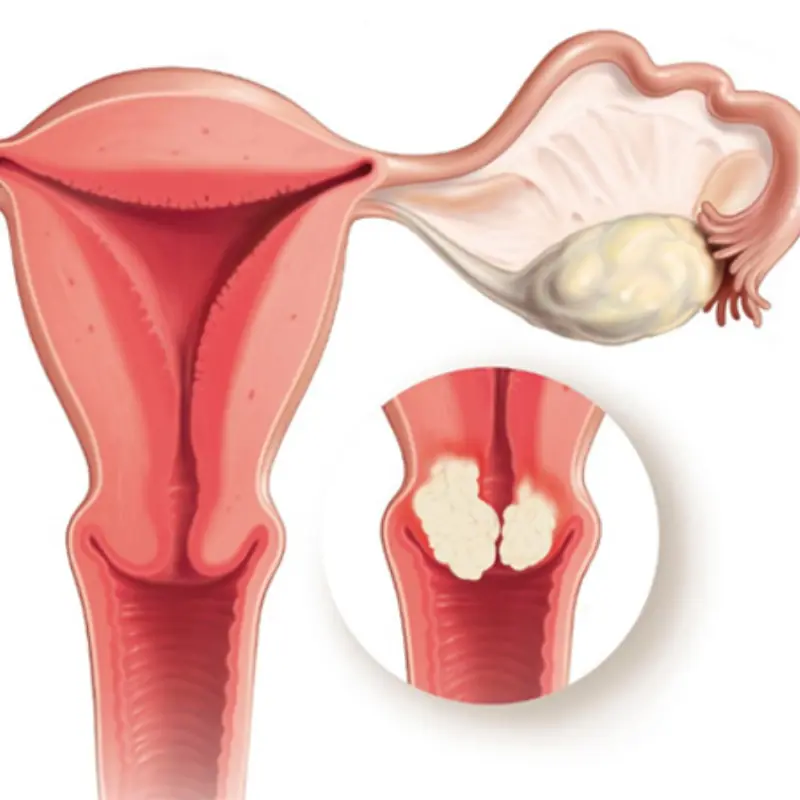
Women Who Frequently Eat These 5 Foods May Be Harming Their Uterus and Feeding Cancer Cells Without Knowing It
